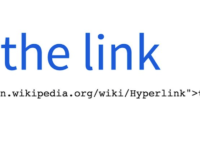The Online News Act has quickly emerged as one of the government’s biggest policy failures with Canadian news outlets facing lost traffic, lost revenues, and lost competition. The source of the Bill C-18 failure was the government’s seeming inability or unwillingness to game plan the potential outcomes of the law, rejecting criticisms and calls for a “Plan B” by instead relying on the hope that the policy measures would simply unfold as they did in Australia. That obviously has not happened, leading to the growing realization that Meta’s blocking of news links, which has already gone on far longer than it did in Australia, is not a bluff. With Meta out of news in Canada, the government is hoping to salvage the law by convincing Google to pay at least $172 million for news links. Unfortunately, the draft regulations released by Canadian Heritage Minister Pascale St-Onge suffer from the same failures as the law, namely an inability to game plan the potential outcomes of the regulations.
I’ve already written about how the draft regulations will do little to ensure more spending on journalism and how they are stacked against small, independent and digital first news outlets. But as I read analysis that suggests that Google got what it wanted – a cap on liability – I fear that the regulations are badly misunderstood. In fact, if you assess the competing policy objectives in the regulations and consider how they might actually play out, it becomes hard to avoid the conclusion that they don’t work and may well lead Google to walk away from news in Canada.











